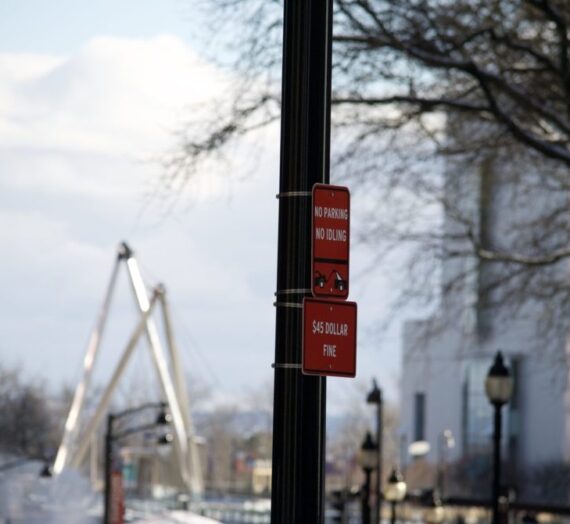The main items on tonight’s agenda:
the Commission, meeting as a Committee of the Whole, will discuss the powers of the Court of Common Council and, if time allows, the structure of the Board of Education
Unlike previous meetings, this one felt productive. Several motions were carried over to be voted on at the next meeting, pending the attorney’s creation of a document that spells out the composition of the City Council (Court of Common Council).
Councilman Deutsch and Ronald Armstrong contributed remarks during the Public Comment period at the beginning of the meeting. Armstrong expressed disappointment regarding a vote at the previous meeting. The vote in question was for Hartford to be divided into five districts, so that there would be eight at large and five district representatives. Armstrong reminded the Hartford Charter Revision Commission that “every vote you make here as a commissioner is a moral issue” and that commissioners need to be committed to justice, not to “wealth,” “individuality,” or “control.”
The commission proposed to adopt the language found in an excerpt from the 2002 Final Report of the Charter Revision Commission, with some amendments. Commissioner Rowtham-Kennedy said that the rephrasing of one section in particular is needed because it would “protect the city from stupidity,” if the City Council members happened to bicker behind closed doors and decide not to approve districts. Commissioner Jasinski also put forth the motion to strike language that declares that “Council districts […] to the extent possible consistent with preceding, shall maintain the integrity of recognized neighborhood planning areas.” Rowtham-Kennedy added that this language was not clear and could be manipulated easily. Commissioner Aponte argued that the language should remain, as it was a suggestion, rather than an obligation. This motion was struck down.
Another item discussed and carried as a motion was term lengths and staggered terms. Jasinski suggested that the City Council have four year terms, and that they be staggered so that the mayoral election coincides with the district representatives’ elections. Commissioner Stewart commended him on this idea, adding that it makes sense if the goal is to work on strengthening checks and balances. Following this, there was minimal discussion about what the transition of term lengths might look like. The idea that a one-time six year term for City Council members be granted in 2011 was not supported, and the motion was carried for a two-year term for those elected in 2011 and then four-year terms beginning in 2013. It was later added that the six-year term might not even be legal.
Attorney Steven Mednick gave a brief overview of what appeared to be an entire rainforest’s worth of paper outlining the powers of the Court of Common Council in six of Connecticut’s larger cities. The document included information on legislative power, the role of Council, how they organize and conduct meetings, and how there is no impeachment power. It was explained that if a council wishes to impeach, it would have to go before the General Assembly and apply for a special act that would apply only to Hartford. Mednick also provided the commission with a timeline so that they had a clearer idea of when they would have to complete the report. At the end of the discussion process, the commission would have to hold one final public hearing. They would then submit the report to the City Council. The initial recommendation by the commission must be made by May 11th in order for it to get on the ballot in November. Once in the hands of the City Council, they would have to hold a public meeting within 45 days. After, they have 15 days to act on it. The City Council can then return recommendations to the Commission, which has 30 days to act. Finally, the Council has another 15 days to act on it. If the Council does not act, then the revision fails.
The complicated time line pushed the Commission into action, inspiring them to begin meeting on a weekly, rather than biweekly basis. The next meeting is at 6pm on March 19th. They will be voting on the motions from tonight, as well as discussing appointments to boards and commissions, budget power, and the oversight role of Council.
For previous reports on these meetings, go here.

